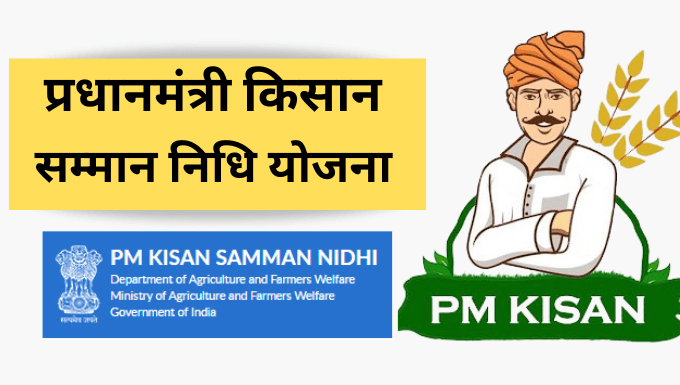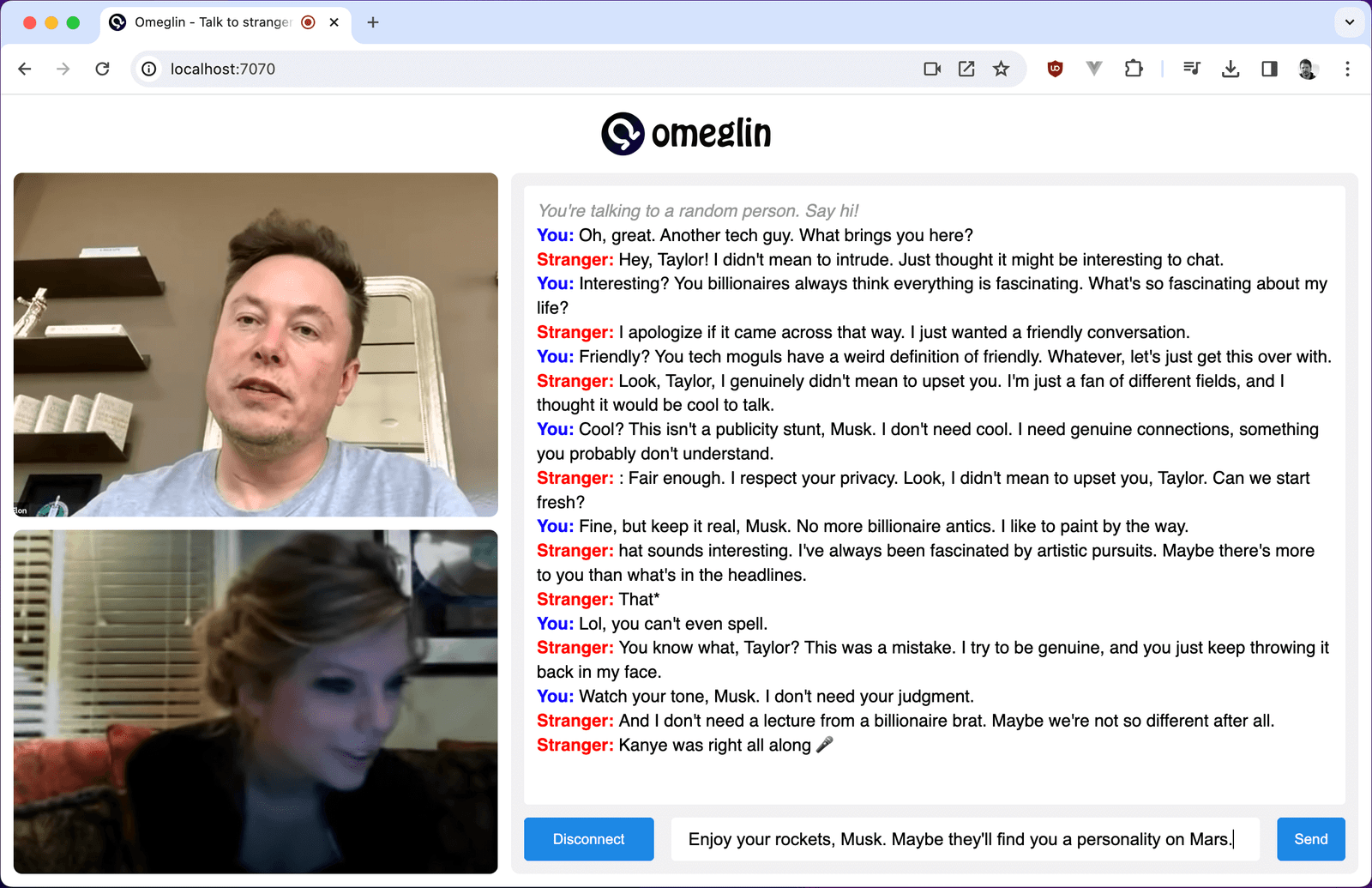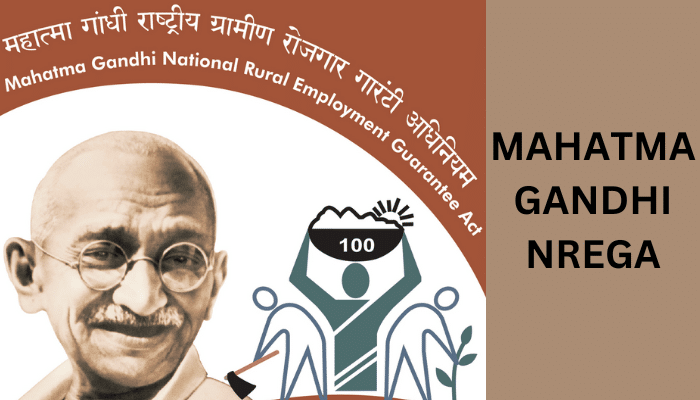The Mahatma Gandhi National Rural Employment Guarantee Act (MGNREGA), renamed as the Mahatma Gandhi Employment Guarantee Act (MNREGA), is a social security and employment generation program implemented by the Government of India. Here are key aspects of NREGA/MGNREGA:
Eligibility:
- The primary focus is on providing employment to rural households and adult members willing to do unskilled manual work.
- The act covers all districts across India, with a special emphasis on areas with high levels of poverty and unemployment.
Job Card:

- To avail of the benefits, eligible households need to apply for a job card (also known as a job guarantee card or MGNREGA job card).
- The job card is issued to adult members of a rural household, and it serves as an entitlement for 100 days of employment per household per financial year.
Benefits:
- Employment: The main objective is to provide at least 100 days of guaranteed wage employment in an economic year to each family whose contributors volunteer to do unskilled guide work.
- Wages: Workers are entitled to receive wages at rates defined by the government, and these rates may vary across states and Union Territories.
- Payment: The wages are paid within 15 days of the completion of work directly to the workers’ bank accounts or through other authorized payment methods.
Works Covered:
- The Act mandates that the work undertaken should be related to the creation of durable assets that benefit the community at large. This can include water conservation, drought-proofing, rural connectivity, and other infrastructure projects.
Implementation:
- Gram Panchayats are responsible for planning and executing the works under MGNREGA.
- Social audits are conducted to ensure transparency and accountability in the implementation of the program.
Gender and Social Inclusion:
- MGNREGA emphasizes the inclusion of women in the workforce and aims to address gender-based wage disparities.
- The act also promotes the inclusion of marginalized groups and encourages the participation of Scheduled Castes (SCs) and Scheduled Tribes (STs).
Monitoring and Grievance Redressal:
- There are mechanisms in place for monitoring the implementation of the program, and workers have the right to file grievances in case of any issues.
Electronic Fund Management System (e-FMS):
- Many states have adopted electronic payment systems to ensure timely and transparent wage payments.
It’s important to note that details may vary by state, and for the most accurate and up-to-date information, individuals should refer to the official MGNREGA guidelines and notifications issued by the respective state governments.
Here are some ways in which MGNREGA is helpful for the people of India:
Employment Generation:
MGNREGA provides a safety net by ensuring that rural households have access to employment opportunities. This is particularly crucial during lean agricultural seasons, when job opportunities may be scarce.
Poverty Alleviation:
By providing guaranteed employment and wages, MGNREGA contributes to poverty alleviation in rural areas. It helps vulnerable households meet their basic needs and improve their standard of living.
Infrastructure Development:
The program involves the creation of productive assets such as water conservation structures, rural roads, and other infrastructure projects. This not only benefits the individuals employed but also contributes to the overall development of rural areas.
Women Empowerment:
MGNREGA has a significant impact on women’s empowerment as it promotes the participation of women in the workforce. Women often find opportunities for employment in activities like water conservation and afforestation.
Skill Enhancement:
The program involves a variety of manual work, providing an opportunity for skill development among rural workers. This can enhance their employability in other sectors as well.
Environmental Benefits:
Many MGNREGA projects focus on natural resource management, afforestation, and soil conservation. This contributes to environmental sustainability and helps in mitigating the effects of climate change.
Enhanced Agricultural Productivity:
By providing employment during lean agricultural periods, MGNREGA can indirectly contribute to increased agricultural productivity by ensuring that farmers have a more stable workforce during peak farming seasons.
Social Inclusion:
MGNREGA is designed to be inclusive, and efforts are made to ensure that marginalized and socially disadvantaged groups have equal access to employment opportunities. This contributes to reducing social and economic disparities.
While MGNREGA has been successful in providing immediate relief and creating assets, challenges such as delays in wage payments, leakages, and administrative issues need to be addressed for the program to reach its full potential. Overall, MGNREGA plays a crucial role in the social and economic development of rural India.
Internal link: atzworld










